The European Union has been supporting Palestinians since 2000, and has traditionally been the largest donor. It is estimated that the EU and individual EU member states bilaterally, as well as Switzerland and Norway, have provided approximately one billion dollars in aid annually since 2008, to not only the West Bank, but also the Gaza Strip, which has been under Hamas rule since 2006.
Tracing the money back is not that simple, because it is given under various headings:
- The Palestinian Authority receives direct funding to finance its operation, for example the payment of salaries and pensions, the operation of hospitals, and even Covid-19 vaccines were also covered from this amount.
- Special resources are given for Palestinian refugees, including the operation of "refugee camps", of the health and education systems, as well as paying the salaries of teachers, doctors and social workers.
- Additional funds are also earmarked for development programs, specifically slated to create jobs or improve infrastructure, such as water and energy supply.
From our money, too
As for the European Union, it has earmarked 1.2 billion euros for Palestinians over the period of 2021-2024. Characteristic of the reality of the bloc's strategy is that the goals set include using the amount to help the political and governmental reform of the Gaza Strip, to regain the democratic credit of the Palestinian Authority, which will lead to the restart of the peace process... And where does this money come from?
The European Union spends 1 percent of its annual budget on humanitarian aid: roughly 11.6 billion euros for the seven-year budget cycle from 2021 to 2027, this is approximately 1.65 billion euros per year. From this amount the EU helps dozens of countries all over the world, and the Palestinians also receive a relatively large portion.
The source of the money paid is from the EU budget, which is made up of member states' contributions, therefore ultimately the taxes paid by EU citizens.
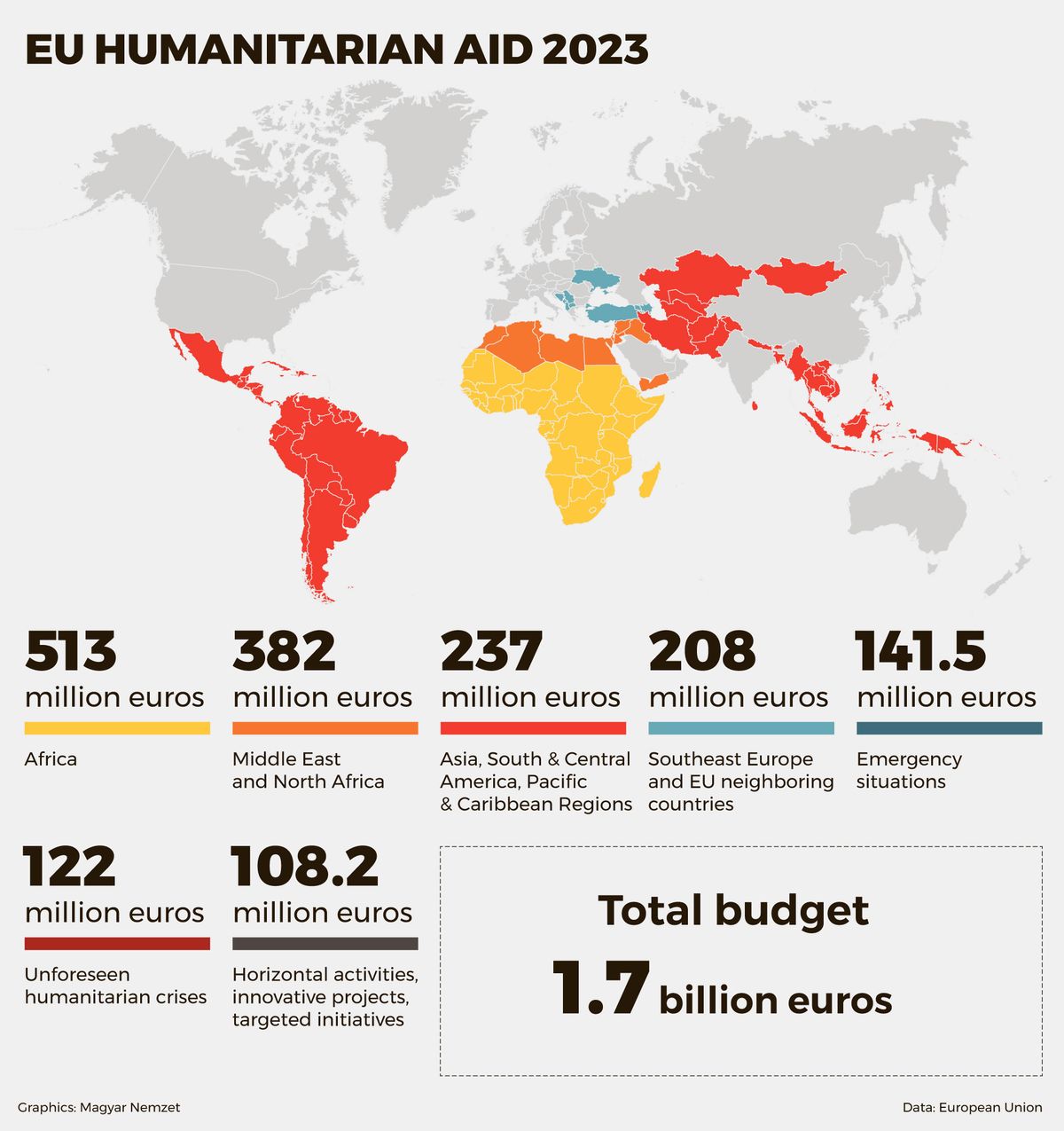
The situation is further complicated by the fact that part of the money provided by the EU is paid primarily to various international and non-governmental organizations "working in the field", for example, the United Nations Relief and Works Agency (UNRWA) created specifically to support Palestinian refugees in the region, the Red Cross or the World Health Organization.
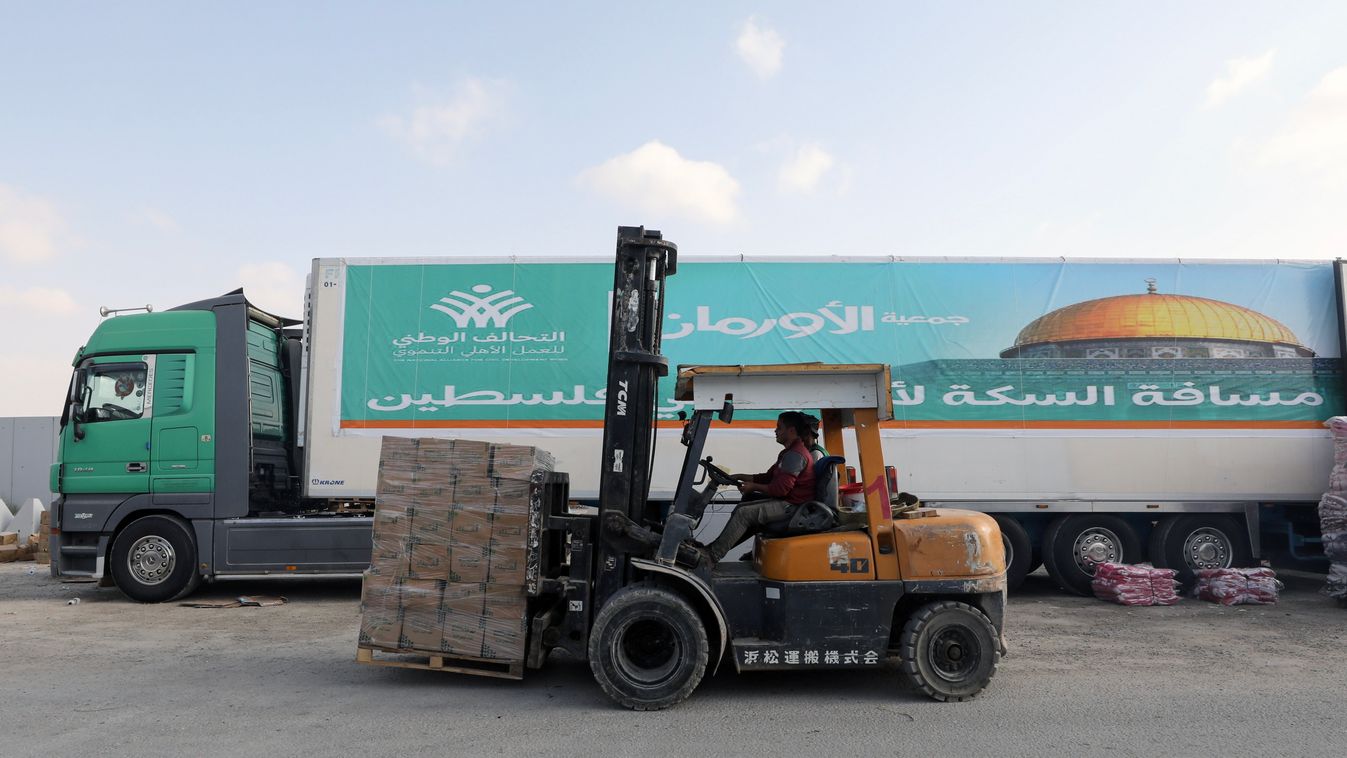
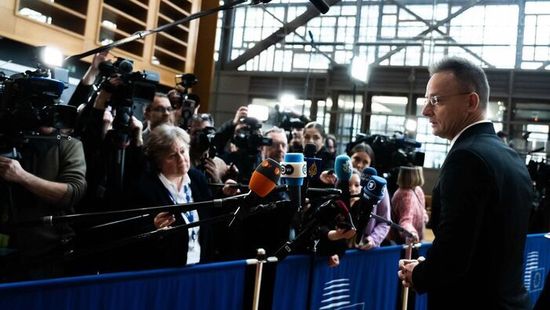
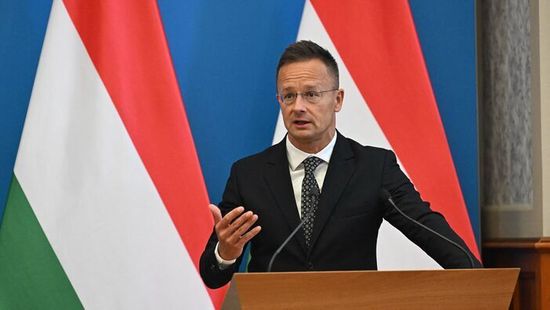



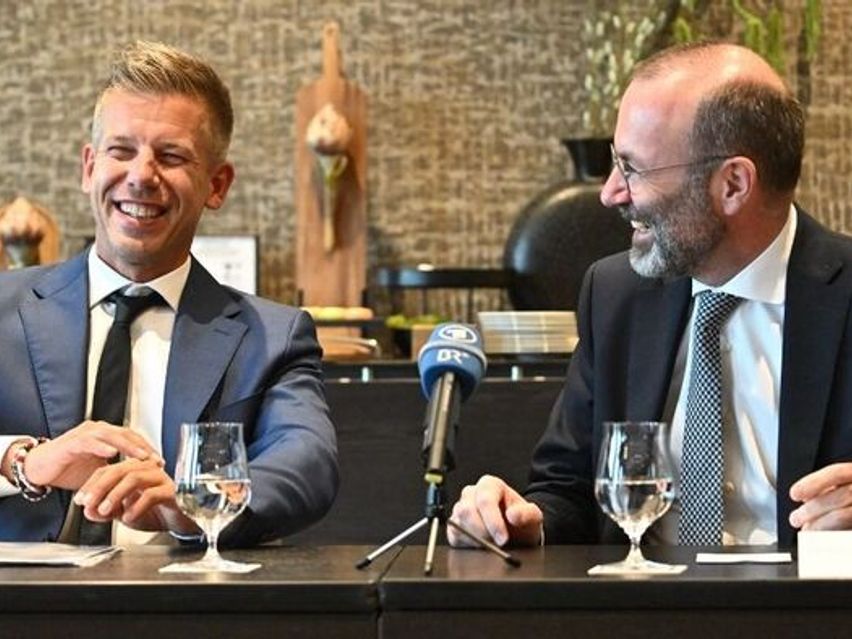
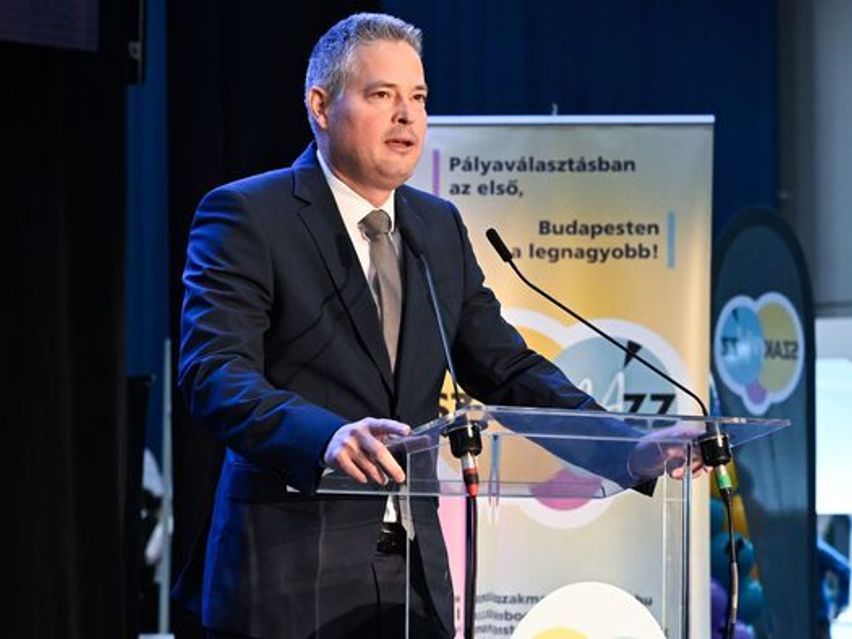
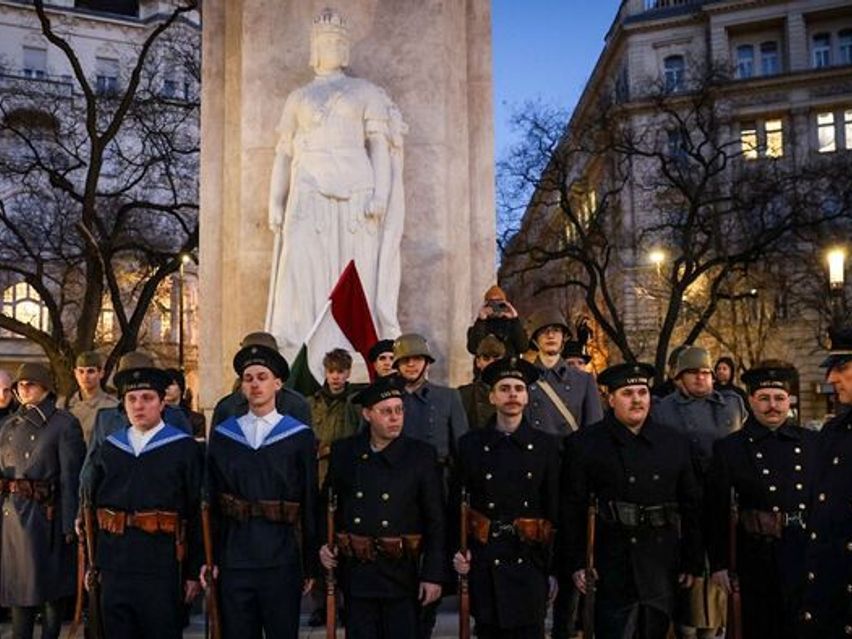
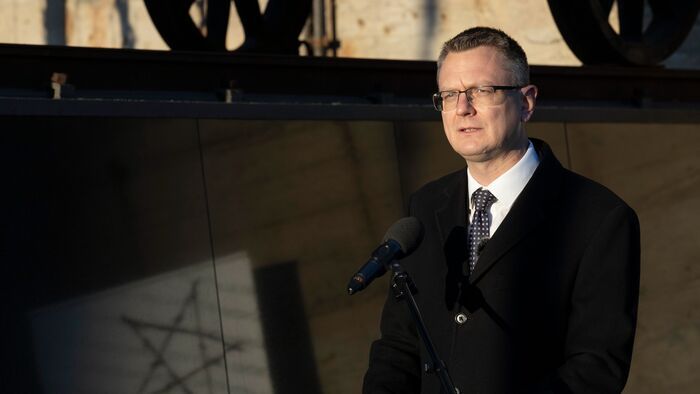

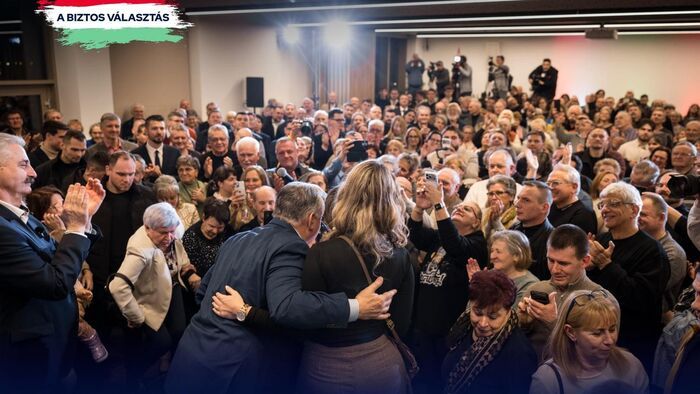
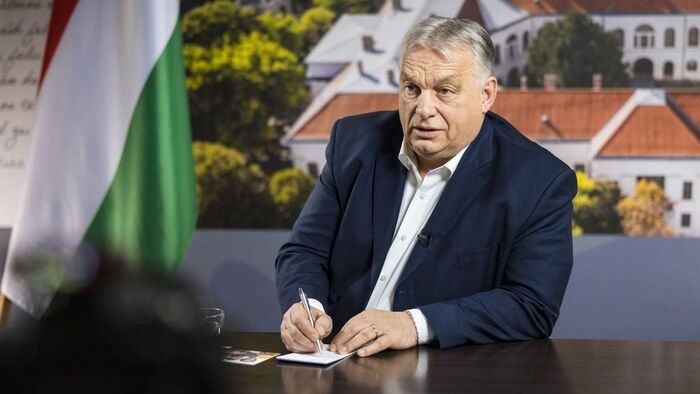

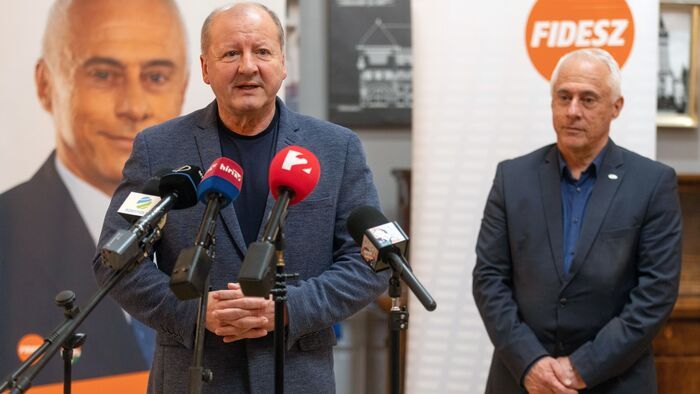
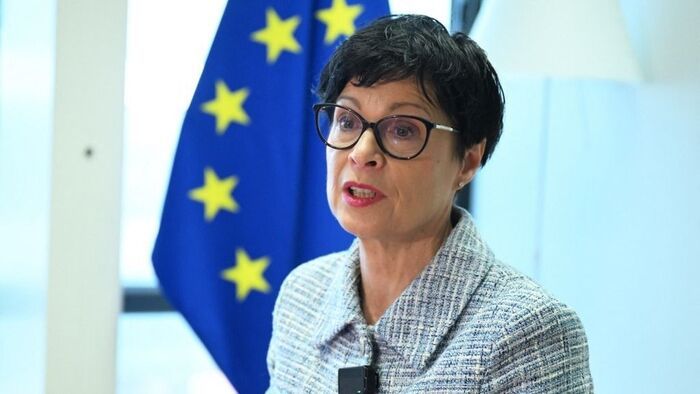
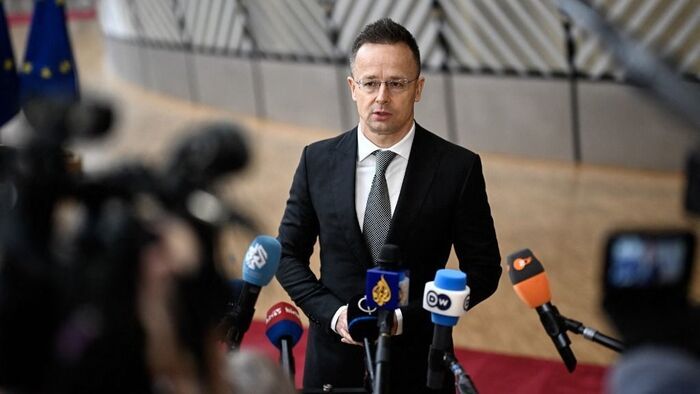
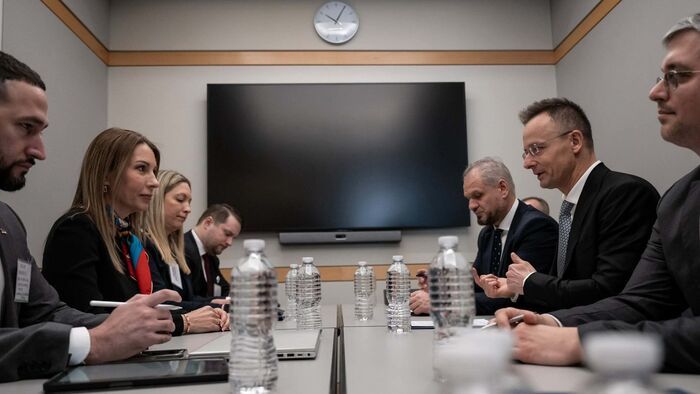

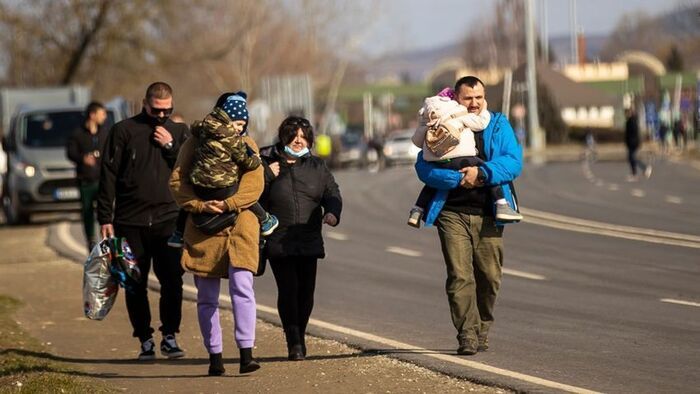
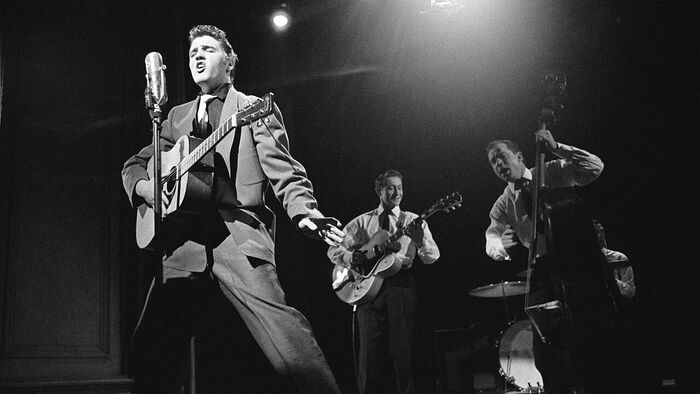
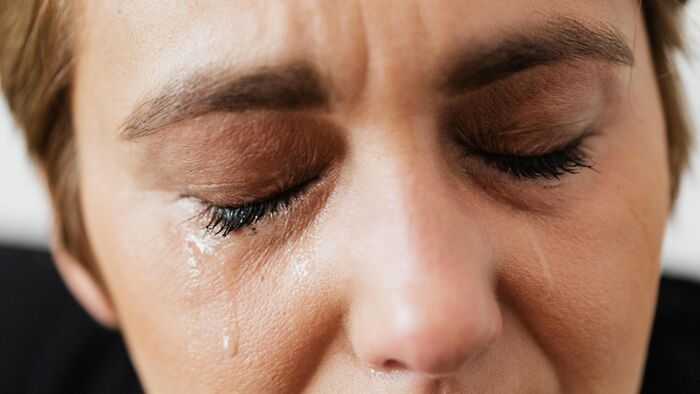

Szóljon hozzá!
Jelenleg csak a hozzászólások egy kis részét látja. Hozzászóláshoz és a további kommentek megtekintéséhez lépjen be, vagy regisztráljon!